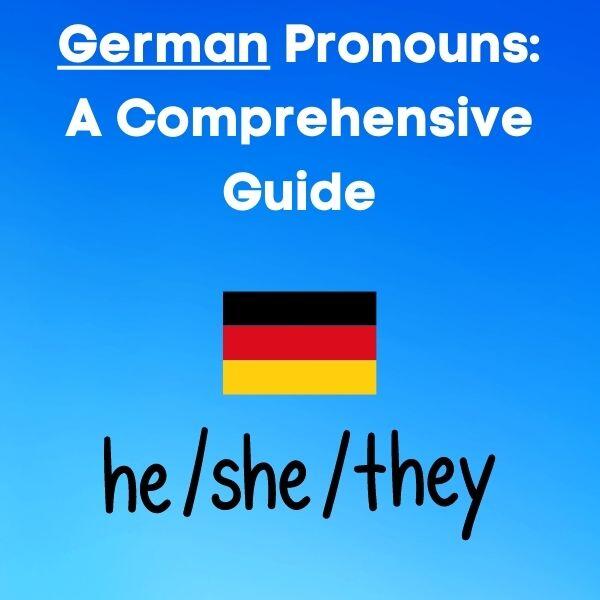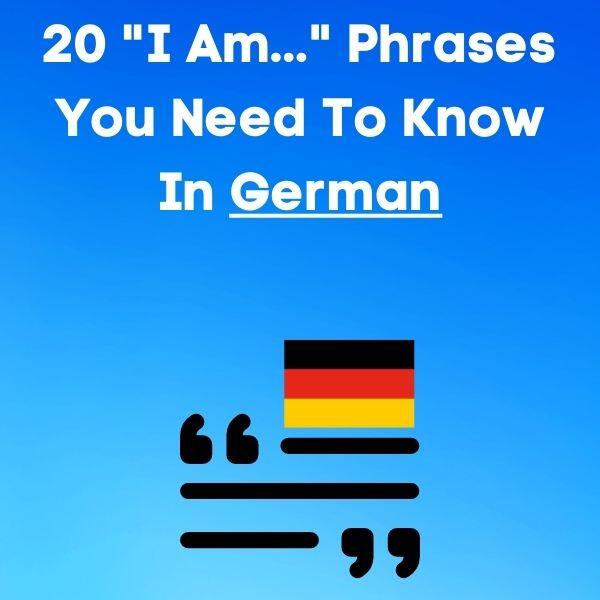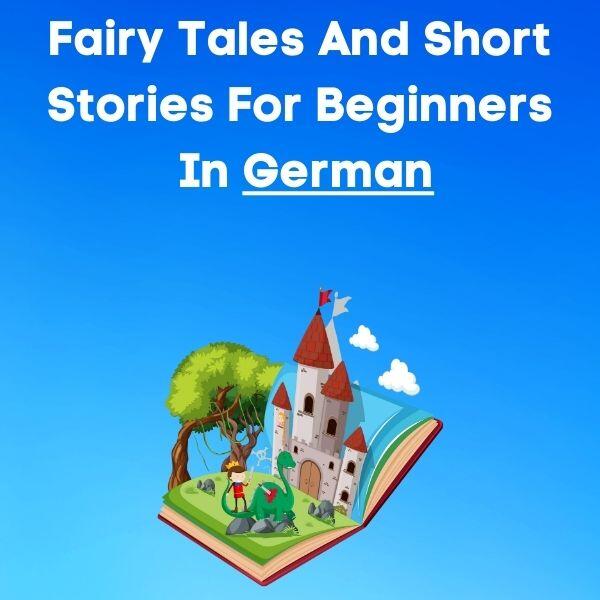German Words Compared to Other Languages
Now, let me start off by saying that I LOVE German! No, seriously, I have an unhealthy obsession with the language, and I’m not ashamed to say it! But I’ll be the first to admit that it has its… let’s just say quirks.
And that’s putting it mildly. From words that stretch on longer than a marathon to the sheer musicality of its compound, ever-expanding nouns, German is a language that dances on the tongue and puzzles the mind in equal measure.
If you’re more used to Romance languages – like French, Italian – languages that sound like they were born in a vineyard and spend their days basking in the sun, German’s probably a shock to the senses!
And I’m HERE for it!
Let me give you a few examples of German compared to some other languages you might be familiar with, so you can see for yourself just how insanely awesome it is!
18 German words compared to other languages
1. Airplane / Aeroplane
French: avion
Italian: aereo
Spanish: avión
English: airplane / aeroplane
German: Flugzeug
2. Television
French: télévision
Italian: televisione
Spanish: televisión
English: television
German: Fernsehen
3. Station
French: gare
Italian: stazione
Spanish: estación
English: station
German: Bahnhof
4. Ambulance
French: ambulance
Italian: ambulanza
Spanish: ambulancia
English: ambulance
German: Krankenwagen
5. Speed limit
French: limitation de vitesse
Italian: limite di velocità
Spanish: límite de velocidad
English: speed limit
German: Geschwindigkeitsbegrenzung
6. Science
French: science
Italian: scienza
Spanish: ciencia
English: science
German: Wissenschaft
7. Matchbox
French: boîte d’allumettes
Italian: scatola di fiammiferi
Spanish: caja de cerillas
English: matchbox
German: Streichholzschachtel
8. Vacation
French: vacances
Italian: vacanza
Spanish: vacaciones
English: vacation
German: Urlaub
9. Refrigerator
French: réfrigérateur
Italian: frigorifero
Spanish: refrigerador
English: refrigerator
German: Kühlschrank
10. Squirrel
French: écureuil
Italian: scoiattolo
Spanish: ardilla
English: squirrel
German: Eichhörnchen
11. Bicycle
French: vélo / bicyclette
Italian: bicicletta
Spanish: bicicleta
English: Bicycle
German: Fahrrad
12. Hospital
French: hôpital
Italian: ospedale
Spanish: hospital
English: hospital
German: Krankenhaus
13. Dishwasher
French: lave-vaisselle
Italian: lavastoviglie
Spanish: lavavajillas
English: dishwasher
German: Geschirrspülmaschine
14. Train
French: train
Italian: treno
Spanish: tren
English: train
German: Zug
15. Menu
French: menu
Italian: menu
Spanish: menú
English: menu
German: Speisekarte
16. Bubble
French: bulle
Italian: bolla
Spanish: burbuja
English: bubble
German: Seifenblase
17. Airport
French: aéroport
Italian: aeroporto
Spanish: aeropuerto
English: airport
German: Flughafen
18. Piano
French: piano
Italian: pianoforte
Spanish: piano
English: piano
German: Klavier
Now, obviously, we can’t really compare German to French, Italian, and Spanish, as these languages aren’t in the same language family. When you compare German to, say, Dutch or Danish, you’ll see many more similarities.
Still, it’s fascinating to see how languages spoken in regions that are often quite close to each other can be so different.
I hope you’ve enjoyed this brief look at the German language and its wacky ways. Auf wiedersehen!






